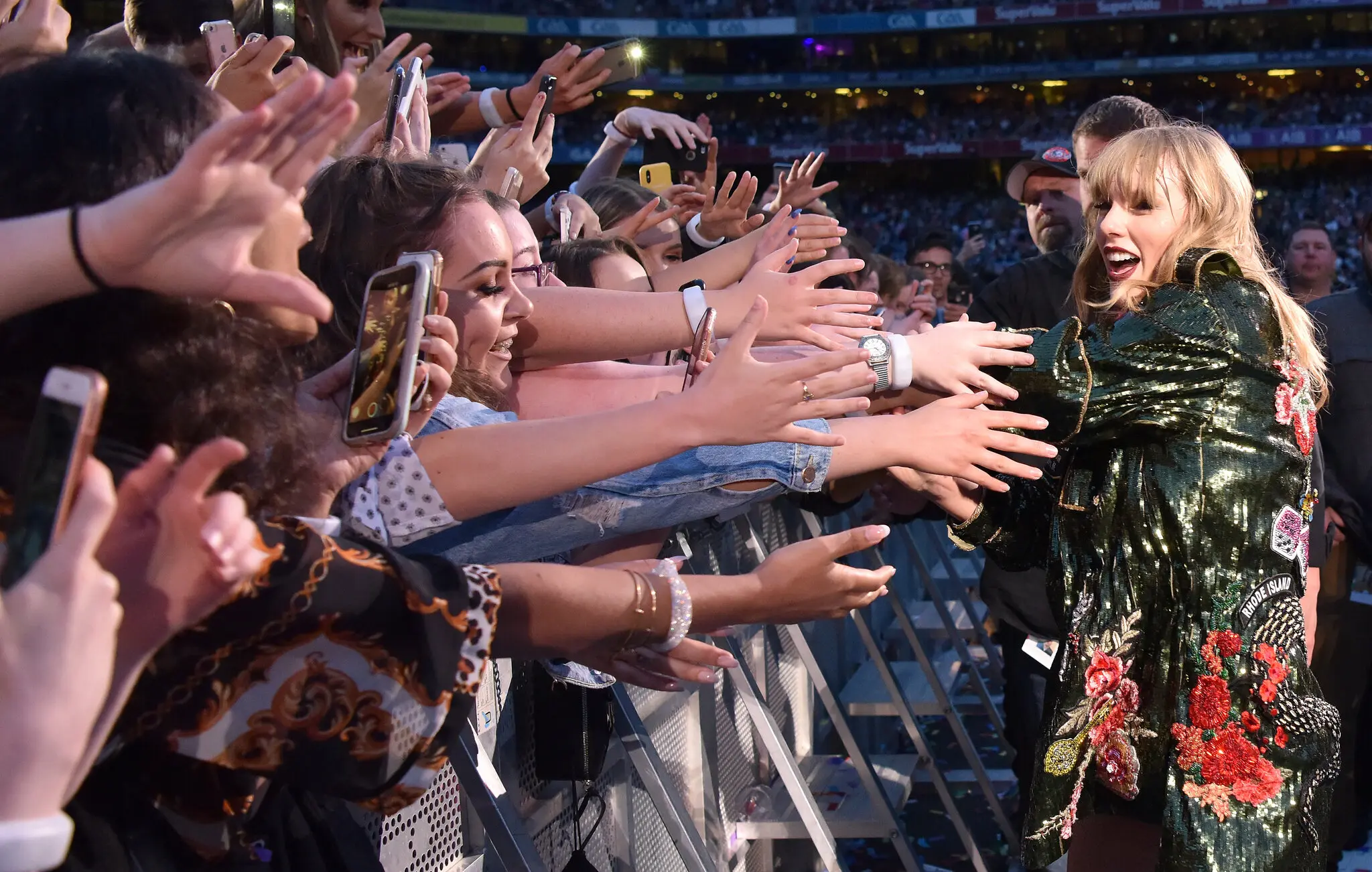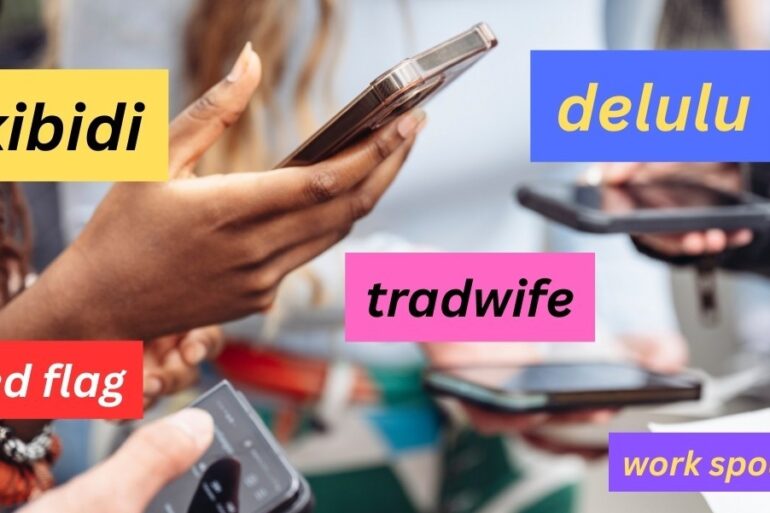The word reflects how fans, viewers and even chatbot users formed one-sided emotional connections throughout the year.
Cambridge Dictionary has chosen ‘parasocial‘ as the Word of the Year 2025, after a sharp rise in people searching for its meaning. The word reflects how fans, viewers and even chatbot users formed one-sided emotional connections throughout the year.
What ‘parasocial’ means
Cambridge defines ‘parasocial‘ as a one-way connection someone feels toward a celebrity, influencer, fictional character. In September 2025, the definition was updated to include artificial intelligence, following a wave of people forming emotional attachments to chatbots
Related story: The beautiful—and at times messy—world of fandom culture
Related story: A closer look at how generative AI is really being used in 2025
Related story: Gigil, videoke, lumpia: 11 Filipino words make it to Oxford Dictionary’s latest update
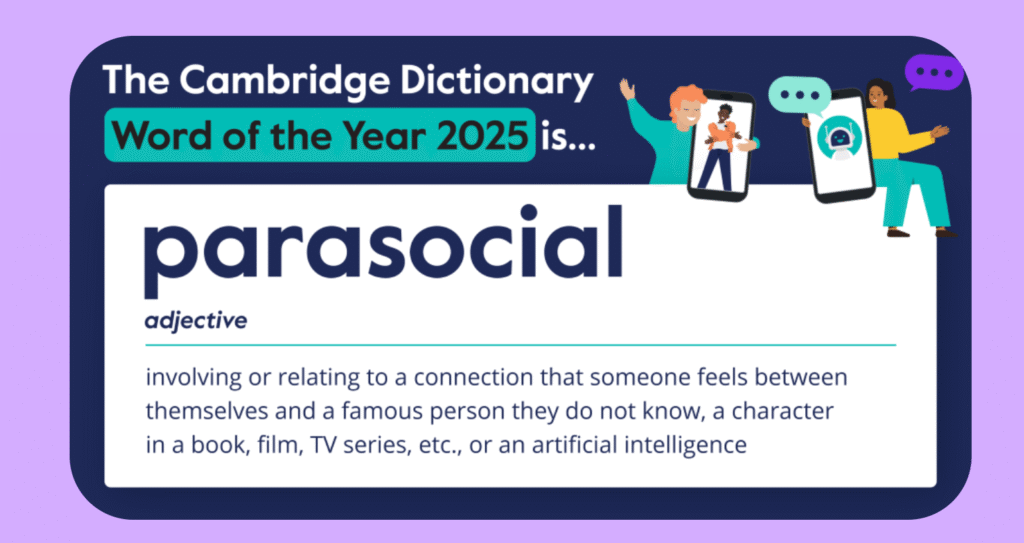


Interest in the word had been steadily growing as people debated how influencers and marketers built loyalty by leaning into parasocial behavior. The conversation expanded in June, when questions about the mental health impact of chatbots from Meta and OpenAI made global headlines. On June 30, searches spiked again after YouTuber IShowSpeed blocked a fan who called herself his “number 1 parasocial.”
In July, xAI released a subscription version of its Grok chatbot with anime-style companions, which critics said encouraged unhealthy emotional attachment. The issue reached policymakers in August, when 44 United States attorneys general warned AI companies to protect minors from harmful “chatbot parasocial relationships.” That same month, Taylor Swift’s engagement to Travis Kelce created another surge in searches as fans reacted to the news.



By late summer, two cultural conversations merged: rising celebrity obsession and growing reliance on AI. Together, they pushed parasocial relationships into everyday discussion.
How pop culture kept the word trending
Parasocial behavior showed up across entertainment and online life. Swifties and K-pop fans reacted to celebrity announcements as if they were personal updates. Viewers of shows like The Summer I Turned Pretty treated fictional characters as if they were real, or simply because they related to them so much. Podcast hosts became “internet friends” to listeners who spent hours with them. AI bots, meanwhile, were treated as confidants, companions or even romantic partners by users who chatted with them daily.



Professor Simone Schnall from the University of Cambridge explained that people increasingly trust online personalities more than traditional media. After spending hours watching or listening to someone, audiences often start to feel close to them, even when the connection only goes one way.
“As trust in mainstream and traditional media breaks down, people turn to individual personalities as authorities, and – when they spend many hours consuming their content – develop parasocial bonds, treating them more like close friends, family or cult leaders. When an influencer has so many followers, people assume they are trustworthy.”
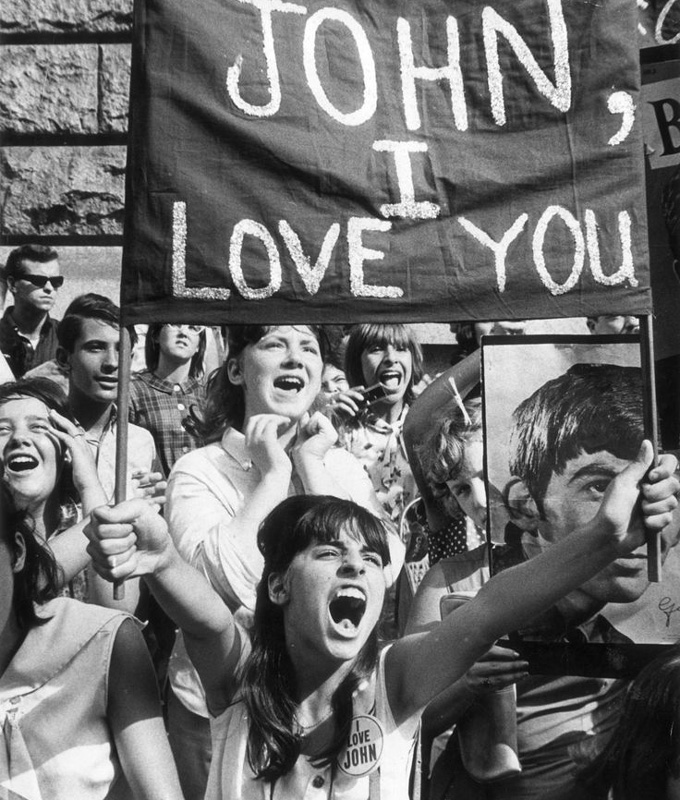


Related story: The Taylor Swift effect: Crowds flock to Museum Wiesbaden in Germany to see Friedrich Heyser’s ‘Ophelia’
Related story: I remember it all too well: Growing up with Taylor Swift
Related story: Endgame: Inside Taylor Swift and Travis Kelce’s love story
Colin McIntosh, Cambridge Dictionary’s chief editor, said ‘parasocial‘ stood out because of how often searches for it spiked across both Cambridge and Google. “Parasocial captures the 2025 zeitgeist. It’s a great example of how language changes. What was once a specialist academic term has become mainstream.” The term shifted to a common phrase used in everyday social media conversations, making it a clear reflection of this year’s cultural mood.
Where the word came from
Parasocial relationships are not new. In the early 1800s, readers already felt connected to their favorite authors. In the 20th century, radio hosts, TV stars and movie icons became familiar figures in people’s homes. The word itself was introduced in 1956, when researchers described how television viewers treated on-screen personalities like close acquaintances. Social media and AI have now expanded this behavior far beyond what those researchers could have imagined.
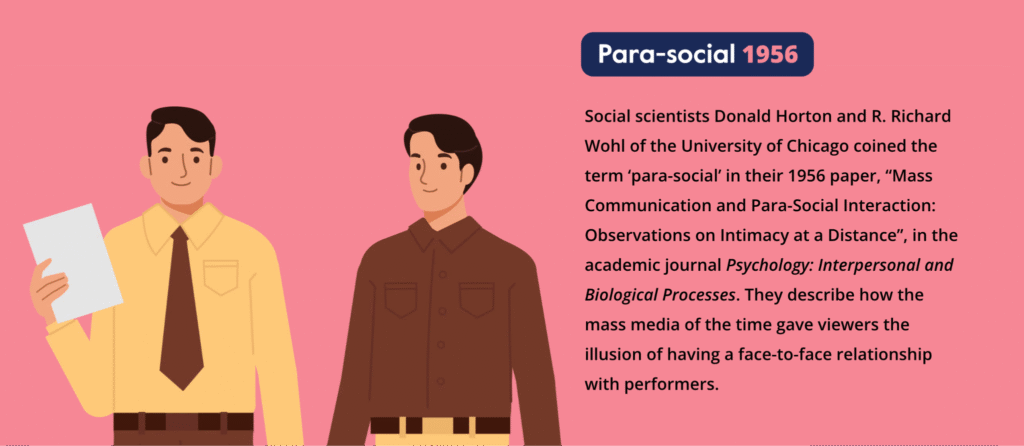


Other words that shaped 2025
Several internet-driven and AI-related words also stood out in Cambridge Dictionary this year.
- Slop – low-quality AI-generated content
- Skibidi, delulu, tradwife – viral internet and culture terms
- Pseudonymization -hiding personal information behind a code
- Memeify -turning something into a meme
- Bias – a fan’s favorite K-pop member
- Vibey – describing a place with a good vibe
- Doom spending – buying things you can’t afford to feel better
Related story: From ‘delulu’ to ‘skibidi’: TikTok slang makes it into Cambridge Dictionary
Related story: ‘Demure,’ ‘manifest,’ ‘brat’: Internet-famous words make it to Word of the Year lists
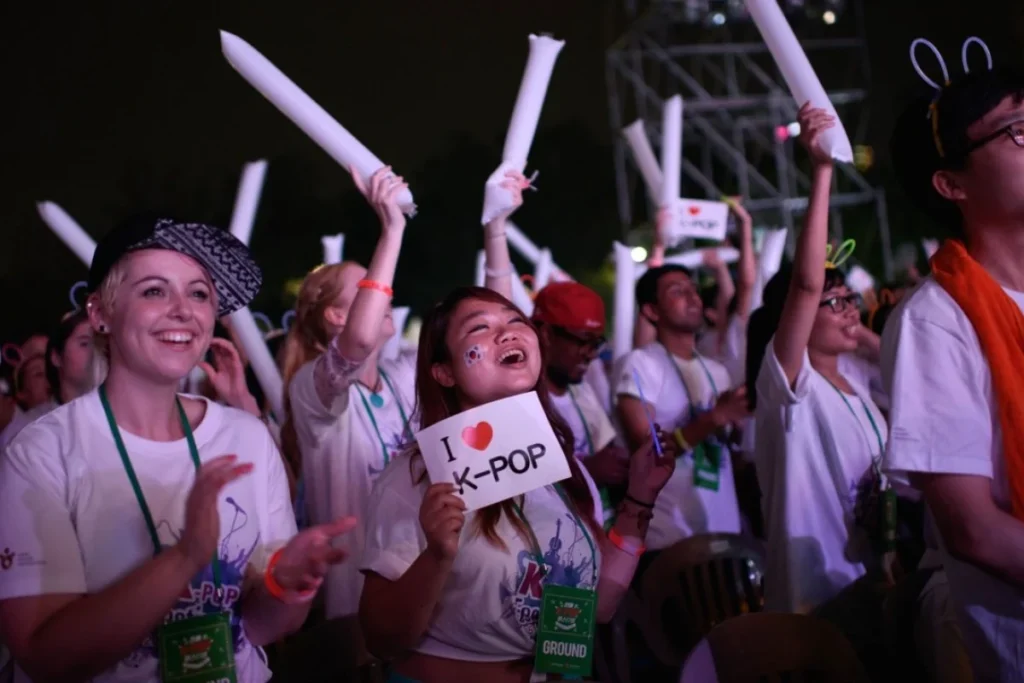


What it says about 2025
‘Parasocial‘ became the word of 2025 because it reflects how people connect today. Whether it involved a pop star, a podcast host, a fictional character or an AI bot, people formed emotional bonds with figures who would never know them personally. The word captures a year shaped by online closeness, digital habits and the growing influence of technology in everyday relationships.

